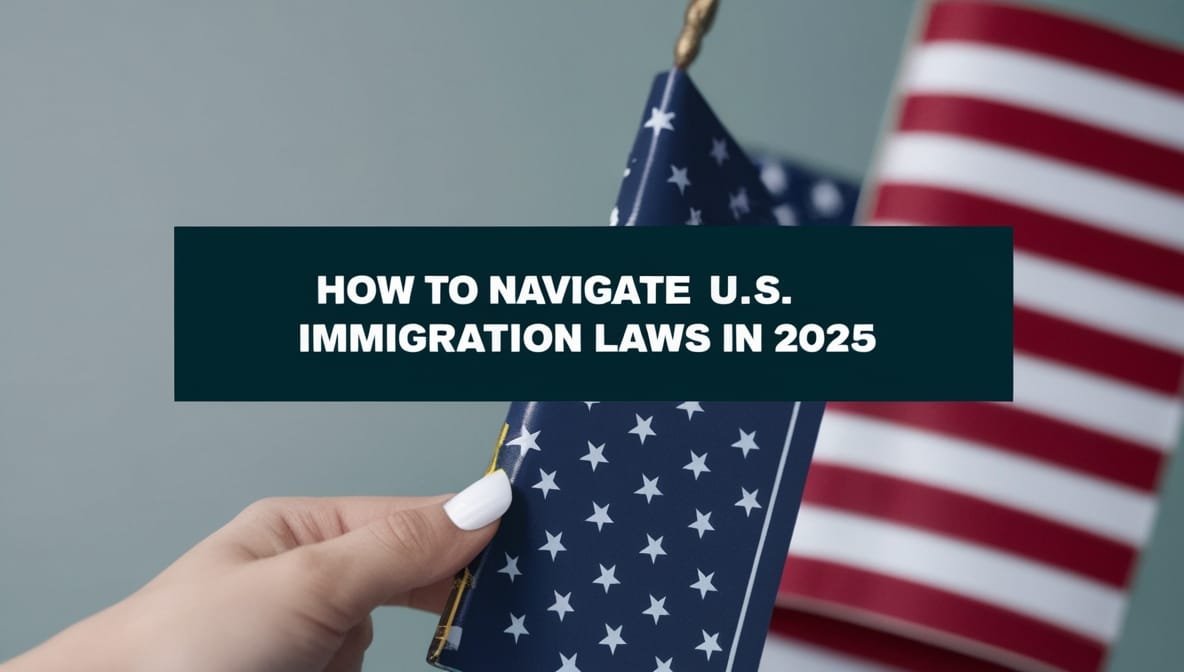Does a Citation Go on Your Record : Understanding traffic laws and citations can be confusing. If you’ve gotten a ticket, knowing the legal impact is key. We’ll look into how citations affect your driving record and insurance.
Getting a ticket can be stressful. But knowing the legal process and its effects is important. Learning about different types of citations and their impact on your record can help. This way, you can make smart choices and lessen any negative effects.
Understanding Citations and Their Impact on Your Record
It’s important to know about different citations and how they affect your driving record. Many people confuse “citation” and “ticket,” but they mean different things legally.
Different Types of Citations
Citations can be for small things like parking or seatbelt issues, or for bigger issues like speeding. The type of citation you get depends on the law in your area.
Civil vs. Criminal Citations
Citations can be civil or criminal. Civil ones, like parking tickets, are not as serious. Criminal citations, however, can lead to fines, points on your record, or even jail.
Impact on Driving History
A citation can affect your driving record in different ways. Most citations will show up on your record, even if you haven’t paid the fine yet. For example, a speeding ticket might show up before you’ve paid it.
The effects of a citation can be big. They can raise your insurance rates, lead to license suspension, or even revocation. This depends on the offense and your state’s laws.
Knowing about different citations and their effects is key to keeping a clean driving record. Being informed helps you make smart choices and handle any citations you might get.
Also Read : How Much is Infraction Speeding in kansa ?
Does a Citation Go on Your Record: What You Need to Know
When you get a citation, you might wonder if it will show up on your record. The answer isn’t always clear-cut. It depends on the type of violation and your state’s laws.
A citation is a formal notice for a minor offense, like a traffic ticket or a local code violation. It’s not the same as a criminal charge. But, how it’s handled can still affect your driving and personal records.
The number on your ticket is key. It helps identify the incident and track it through the legal system. Law enforcement and courts use it to make sure everything is processed correctly.
Even though a citation isn’t a criminal charge, it can still cause problems. It might raise your insurance rates or affect your driving privileges. If not dealt with, it could even lead to more serious legal issues.
Key Takeaways:
- A citation is a formal notice of a minor offense, but it does not automatically result in a criminal record.
- The citation number on your ticket is used to track the incident and ensure proper processing.
- While a citation may not be a criminal charge, it can still have consequences, such as impacting your insurance rates or driving privileges.
It’s important to understand how citations work and how they’re recorded. This knowledge helps you navigate the legal system better. By staying informed, you can handle a citation effectively and avoid long-term problems.
Citation vs. Ticket: Understanding the Key Differences
Citations and tickets might look similar at first, but they’re not the same. Knowing the difference is key when dealing with the law and how it affects your record.
Legal Definitions and Implications
A citation is a notice from the police for a small offense, like a traffic ticket. You might need to go to court or pay a fine. On the other hand, a ticket is for a bigger crime. It can lead to bigger fines, losing your license, or even jail.
Processing Times and Record Updates
Citations are usually handled faster. Your driving record might show them in days or weeks. Tickets, however, take longer. They might not show up on your record until after court.
Insurance Impact Considerations
How citations and tickets affect your insurance is also different. Both can raise your rates, but tickets are seen as worse. They might make your insurance go up more.
Knowing the difference between citations and tickets helps you deal with the law better. It can also help keep your record and insurance rates in check.
How Long Citations Remain on Your Record
Many people wonder how long a citation stays on their record. The answer depends on the type of citation and where it was issued. Knowing how long citations last is key. They can affect your driving history, insurance rates, and even job chances.
Typical Duration of Citations on Records
Citations can stay on your record from 3 to 10 years, depending on the state. Minor traffic violations might be removed in 2 to 3 years. But, serious offenses like speeding or reckless driving can last the full 10 years.
The length of a citation on your record also depends on the offense’s severity and your driving history. If you contest or mitigate the citation, it might be shorter.
Removing Citations from Your Record
- In some cases, you can get a citation removed through “expungement” or “record sealing.” You need to meet certain criteria, like a clean driving history or completing a defensive driving course.
- Some states let you remove citations by taking a defensive driving course. By finishing these programs, you might get the citation removed or hidden from your record.
| State | Typical Citation Duration on Record | Expungement or Removal Options |
|---|---|---|
| California | 3-10 years | Defensive driving course, expungement after 3 years |
| Texas | 3 years | Defensive driving course, expungement after 3 years |
| New York | 5-10 years | Defensive driving course, expungement after 5 years |
| Florida | 3-5 years | Defensive driving course, expungement after 3 years |
Understanding how long citations last and how to remove them helps manage their impact. This way, you can keep your driving history clean.
Managing Citations and Their Effect on Insurance Rates

Citations can greatly affect your car insurance rates. It’s important to know how they impact your premiums and how to lessen their effect. Let’s explore this further.
Insurance Premium Changes
Citations on your driving record can raise your insurance costs. Insurers see citations as signs of risky driving. This can lead to higher rates. The type and number of citations affect the rate increase.
Methods to Minimize Impact
- Maintain a clean driving record: Avoid getting citations by driving safely and following traffic laws.
- Explore defensive driving courses: Taking an approved defensive driving course can lessen the citation’s impact on your rates.
- Negotiate with your insurance provider: If you get a citation, try talking to your insurance company to reduce the rate hike.
State-Specific Regulations
How citations affect your insurance rates varies by state. Some states report citations more strictly than others. Knowing your state’s rules helps you manage citation consequences.
Parking tickets usually have little to no effect on your insurance rates. Many insurers don’t report parking tickets. Still, it’s wise to check with your insurance company about their policies.
| Citation Type | Potential Impact on Insurance Rates |
|---|---|
| Moving Violations | Significant increase in premiums |
| Parking Tickets | Minimal to no impact on premiums |
Being proactive and understanding citations can help keep your driving record clean. This can also reduce the financial burden on your car insurance.
Conclusion
Understanding the impact of citations on your personal record is key. Citations, whether civil or criminal, can affect your driving history, insurance rates, and future legal issues. Knowing the differences between citations and tickets helps you navigate the legal world better.
It’s important to know how long citations stay on your record and how to manage their impact on insurance. Following state rules and exploring ways to lessen citation consequences helps keep your driving record clean. This protects your financial health.
Citations should not be ignored. They can impact your life in many ways, both personally and professionally. By understanding the legal side and taking steps to handle citations, you can keep your record accurate. This way, you protect your rights and privileges.sts is to always follow the speed limit.umstances and goals.nstruction.
Official Website For Know More – Click Here






